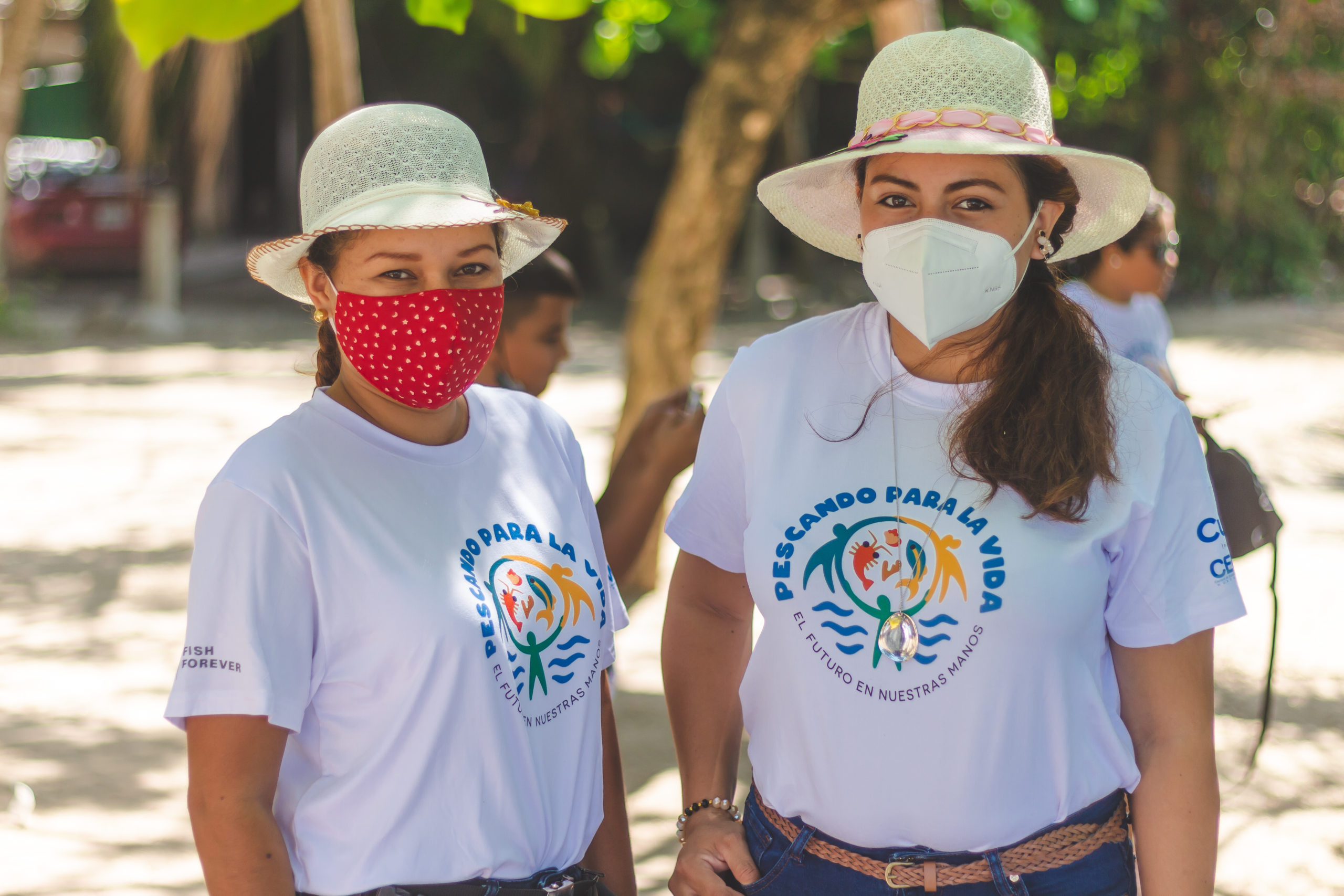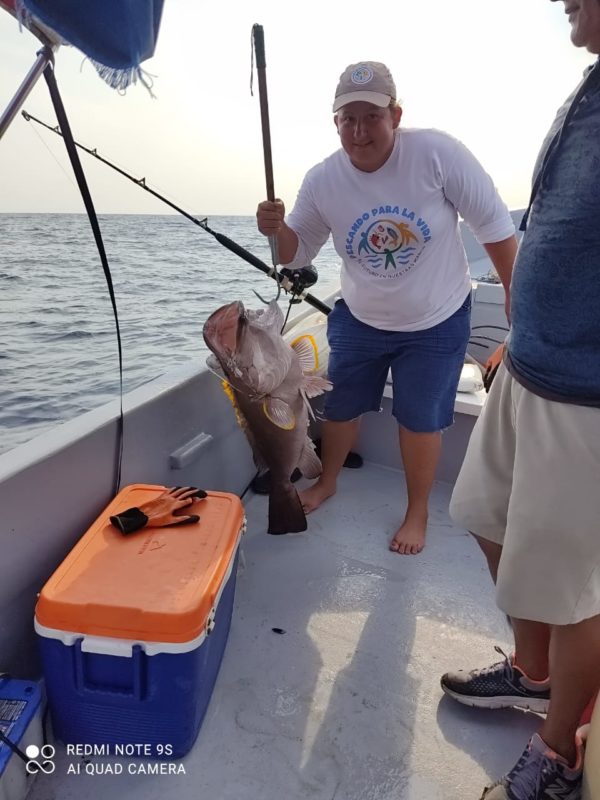Honduran women cast their nets, find their place in fishing industry
Story

In early November 2020, Honduras was battered by Hurricane Eta, bringing widespread flooding and forcing hundreds of thousands of people from their homes. Just two weeks later, Hurricane Iota hit. Incessant rains, more floods, and landslides caused damage to almost all areas of the country.
The pandemic and the impact of these natural disasters have made accessing healthy food sources more challenging for many underserved populations in Honduras. To offset these obstacles, Cuso International’s partner, Centro de Estudios Marinos, is teaching women how to fish, while promoting sustainable and responsible fishing practices.
Despite an ancestral connection to fishing, in the Honduran communities of Chivana, Muchilena, Las Flores, Estero Prieto, and Omoa, fishing is primarily a male-dominated activity. In fact, only one local woman was experienced with building and repairing fishing nets. Determined to help her community, she set out to share her skills.
“I’m dedicated to fishing, I’m a fisherwoman,” says Lourdes Salinas.

“Fishing is too often seen as a male activity, but now we will be taken seriously,” she adds. Alongside partner Centro de Estudios Marinos, Cuso International organized a workshop under Salinas’ tutelage. Salinas taught 34 local women how to cast, use hooks, and repair fishing nets. Under their mentor’s watchful eye, the women learned responsible and sustainable fishing methods, as well as the area’s fishing guidelines. They learned to accurately measure their catches and recognize smaller fish that should be returned to the sea.
After the workshop, the women were given a kit of basic fishing supplies ― essential tools that will enable them to better feed their families.
“Women can fish and be part of bringing sustenance to our homes,” says Salinas, who hopes the skills these 34 women have gained will be passed down to future generations. Fishing for Life (project) teaches us to be responsible now so we can have what we need in the future. I wish for a better life for our children and our families; this is a dream that every fisherwoman has,” says Salinas.
“This project highlighted once again the importance of gender inclusion in sustainable development,” says Karen Pavon, Country Representative for Cuso International in Honduras. “If you give a woman a fish, you feed her for a day. If you teach a woman to fish, you feed her, her family, and her community for a lifetime.”
You can help more women like those in Honduras receive the critical support they need by making a donation today.